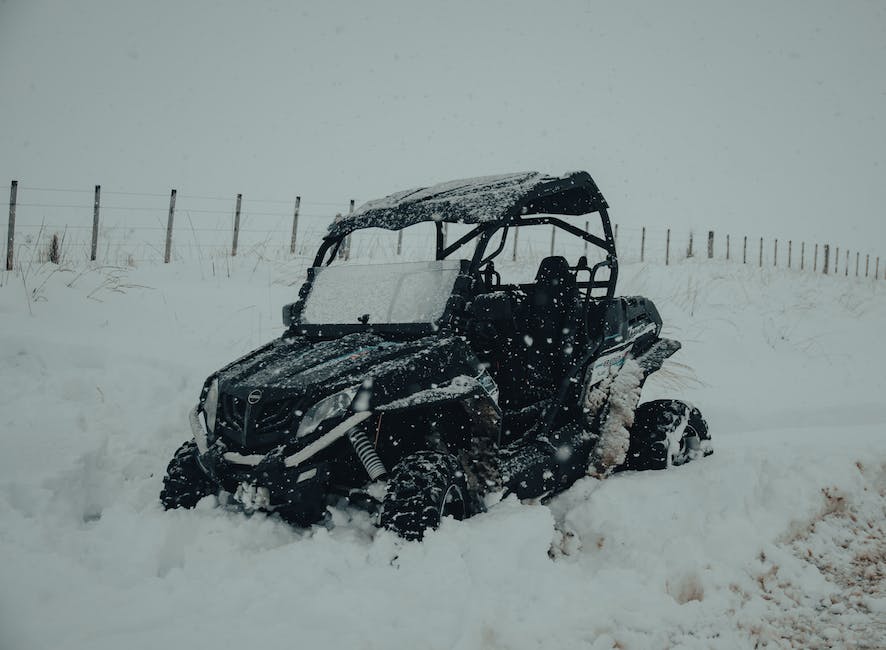Understanding Pennsylvania driving laws is essential for all drivers, regardless of their age or experience level. Being well-informed about the rules of the road not only helps keep you and others safe but also prevents potential fines, penalties, and legal issues that can result from violations.
In this comprehensive guide, we'll delve into the essential aspects of PA driving laws, focusing on speed limits, DUI regulations, seatbelt requirements, and more. By staying informed about PA driving laws, you can avoid costly mistakes and contribute to a safer driving environment for everyone on the road.
A Brief Overview of Car Accidents in Pennsylvania
Before delving into the specific PA driving laws, it's important to examine the overall traffic safety situation in the state. According to the Pennsylvania Department of Transportation's 2021 crash data, the state has seen a 9% uptick in overall traffic fatalities.
There were a total of 117,899 reported crashes in Pennsylvania, resulting in 1,230 fatalities and 69,599 injuries. These numbers underscore the importance of promoting safe driving habits and the need for effective education and enforcement of driving laws.
Graduated Driver Licensing Program (GDL)
To help novice drivers gain experience and improve their driving skills, Pennsylvania implements a GDL program. The GDL program consists of three stages:
Learner's Permit
Teens can apply for a learner's permit at the age of 16. To obtain a learner's permit, they must pass a vision test and a knowledge test covering Pennsylvania's traffic laws and safe driving practices. During this stage, teen drivers must be supervised by a licensed driver who is at least 21 years old or a parent, guardian, or spouse who is 18 years or older.
Junior Driver's License
After holding a learner's permit for at least six months and completing 65 hours of supervised driving, including 10 hours at night and 5 hours in inclement weather, a teen driver can apply for a junior driver's license in Pennsylvania.
This stage requires passing a road skills test. Although junior drivers can drive without adult supervision, they must adhere to certain restrictions, such as nighttime driving limitations and passenger restrictions.
Full Driver's License
Junior drivers can apply for an unrestricted driver's license once they turn 18, provided they have maintained a clean driving record for at least 12 consecutive months. Additionally, they must complete a state-approved driver's education course.
Speed Limits and Work Zone Safety in PA
Speed limits in Pennsylvania vary depending on the type of road and location. Generally, the speed limits are:
-
15 mph in school zones during school hours
-
25 mph in residential areas and urban districts
-
55 mph on two-lane highways
-
65 mph on expressways and four-lane highways
-
70 mph on selected freeways and interstates
It's crucial to pay attention to posted speed limit signs, as they may change due to road conditions, construction, or other factors. In work zones, drivers are required to obey lower speed limits and exercise caution to ensure the safety of construction workers and other drivers.
DUI Regulations and Penalties
PA driving laws are strict against driving under the influence (DUI) of alcohol or drugs. For drivers aged 21 or older, the legal blood alcohol content (BAC) limit is 0.08%. For commercial drivers, the BAC limit is 0.04%, and for drivers under 21, the BAC limit is 0.02%.
Penalties for DUI convictions depend on the driver's BAC level and the number of prior offenses, and may include fines, license suspension, mandatory alcohol education programs, and even imprisonment.
Seatbelt Laws and Child Safety Seat Requirements
Pennsylvania law requires all drivers and passengers aged 18 or older to wear seat belts. For passengers under 18, seat belts are mandatory, regardless of their seating position in the vehicle. Additionally, children under the age of four must be secured in an appropriate child safety seat, while children aged 4 to 8 must use a booster seat.
By staying informed about PA driving laws and practicing safe driving habits, you can contribute to a safer driving environment and avoid the costly mistakes that can result from violations.
Frequently Asked Questions
Let’s take a closer look at these common questions about PA driving laws.
What is the legal driving age in Pennsylvania?
The legal driving age in Pennsylvania is 16 for a learner's permit and 17 for a junior driver's license.
Can I use my cell phone while driving in Pennsylvania?
While texting and driving are illegal in Pennsylvania, there is no statewide ban on using handheld cell phones for talking while driving.
What is the penalty for a DUI conviction in Pennsylvania?
Penalties for DUI convictions in Pennsylvania depend on factors like the driver's BAC level and prior offenses but may include fines, license suspension, mandatory alcohol education programs, and even imprisonment.
Key Takeaway
Understanding and adhering to PA driving laws is crucial for maintaining safety on the roads and avoiding costly mistakes. By familiazing yourself with these laws and practicing safe driving habits, you can contribute to a safer driving environment for yourself and others on the road.
Stay informed, drive responsibly, and remember that safety should always be a priority. For more valuable resources on auto care tips and road safety guides, head over to Keep Driving today!







